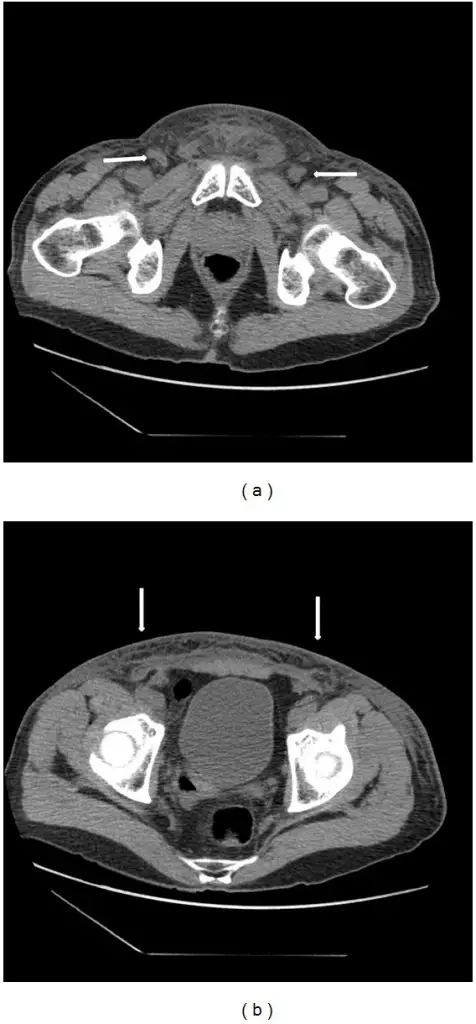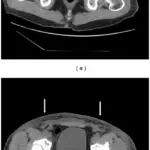Gonococcal urethritis is the inflammation of the urethra and is a lower urinary tract.
What is the Pathology of Gonococcal Urethritis?
The pathology of gonococcal urethritis is:
-Etiology: The cause of gonococcal urethritis is Neisseria gonorrhoeae is the leading cause of urethritis.
-Genes involved: None.
-Pathogenesis: The sequence of events that lead to gonococcal urethritis is the periurethral microabscesses.
-Morphology: The morphology associated with gonococcal urethritis shows inflamed urethra.
-Histology: The histology associated with gonococcal urethritis shows polymorphonuclear leukocytes.
How does Gonococcal Urethritis Present?
Patients with gonococcal urethritis typically affect males and females in adolescence and adulthood. The symptoms, features, and clinical findings associated with gonococcal urethritis include dysuria, pruritus, burning, and discharge at the urethral meatus.
How is Gonococcal Urethritis Diagnosed?
Gonococcal urethritis is diagnosed by a urine test, blood test, vaginal culture, cystoscopy, or nucleic acid test.
How is Gonococcal Urethritis Treated?
Gonococcal urethritis is treated by ceftriaxone and azithromycin.
What is the Prognosis of Gonococcal Urethritis?
The prognosis of gonococcal urethritis is excellent with treatment.



